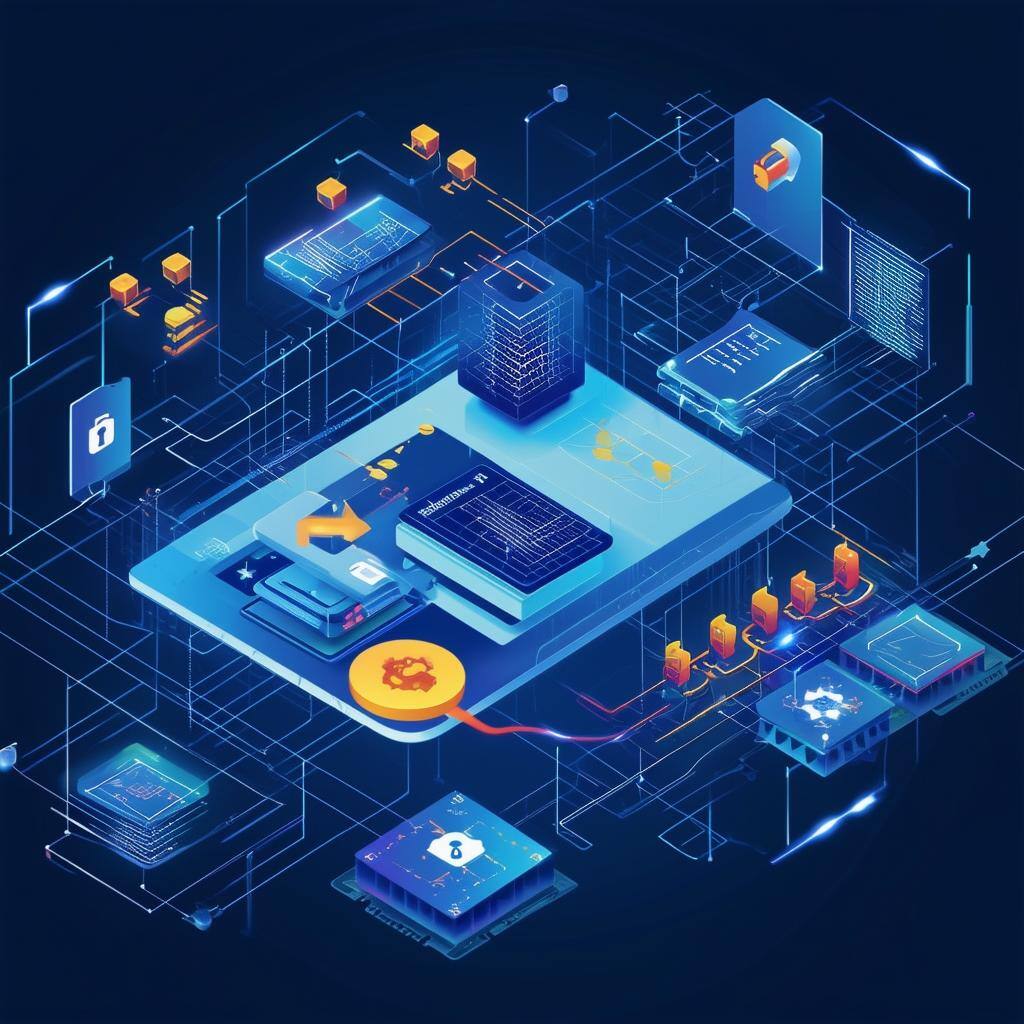Signs It's Time to Move Your Legacy Application to the Cloud
October 29, 2024

Struggling to keep your legacy application running smoothly? It might be time to consider a cloud migration.
Performance Issues and Scalability Roadblocks
As your user base grows or your data requirements increase, you may start to notice significant performance issues with your legacy application. Slow loading times, frequent crashes, and inability to handle concurrent users are telltale signs. These problems often stem from outdated infrastructure and limited scalability options, making it difficult to keep up with modern demands.
 Migrating to the cloud can offer scalable resources that grow with your needs. Cloud providers offer services that can automatically adjust to handle increased traffic, ensuring that your application remains responsive and performant even during peak times.
Migrating to the cloud can offer scalable resources that grow with your needs. Cloud providers offer services that can automatically adjust to handle increased traffic, ensuring that your application remains responsive and performant even during peak times.
Skyrocketing Maintenance Costs
Maintaining legacy systems can be incredibly costly. Outdated hardware and software require constant attention, not to mention the specialized skills needed to keep them running smoothly. These costs can quickly add up, draining your budget and diverting resources from more strategic initiatives.
Cloud migration can significantly reduce these expenses by eliminating the need for on-premises hardware and the associated maintenance. Cloud providers handle updates and infrastructure management, allowing your IT team to focus on more value-added activities.
Security Vulnerabilities and Compliance Concerns
Legacy applications often lack modern security features, making them prime targets for cyberattacks. Outdated systems may not comply with current regulations, putting your organization at risk of fines and reputational damage.
Moving to the cloud can enhance your security posture. Leading cloud providers offer robust security measures, including data encryption, regular security updates, and compliance certifications. This shift can help you meet regulatory requirements and protect sensitive information more effectively.
Limited Integration Capabilities
In today's interconnected world, the ability to integrate with other systems is crucial. Legacy applications often struggle with this, lacking the APIs and other capabilities needed to connect with modern software solutions.
Cloud-based applications are designed with integration in mind. They offer a range of APIs and support for various data formats, making it easier to connect with other systems and create a more cohesive IT ecosystem.
The Benefits and Challenges of Cloud Migration
The benefits of cloud migration are numerous: improved scalability, reduced costs, enhanced security, and better integration capabilities. However, the journey is not without its challenges. Data migration, application redesign, and staff training are some of the hurdles you may face.
To navigate these challenges, consider partnering with a cloud migration specialist. These experts can guide you through the process, ensuring a smooth transition. Alternatively, if you have a strong internal team, you may choose to handle the migration in-house. The key is to have a clear plan and the right resources in place to execute it successfully.
Ready to Modernize Your Legacy Applications?
Don't let outdated systems hold your business back. Partner with Northern Lights to seamlessly migrate your legacy applications to the cloud or newer technologies. Our expert team will guide you through every step of the process, ensuring a smooth transition that maximizes performance, security, and cost-efficiency.
Take the first step towards digital transformation today.
Contact Northern Lights for a free consultation and discover how we can help future-proof your applications.

 866-625-9377
866-625-9377





